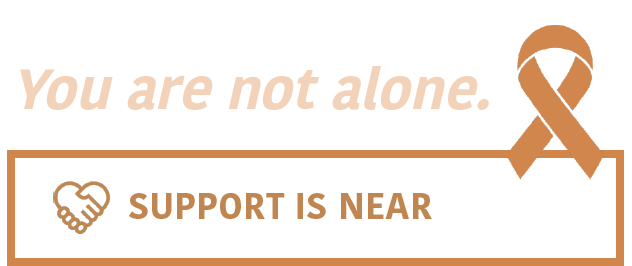Teen Dating Violence Awareness Month (TDVAM) 2023
As advocates, we must listen to and center the needs of Native youth, providing safe, non-judgmental spaces for our young relatives to talk about dating violence and healthy relationships. As adults, we can provide guidance and support on traditional ways of caring for each other and teach Indigenous values of compassion, kindness, honor, and respect. Strengthening and balancing the relationships in our lives cannot be done alone. It is up to all of us to support and listen to the next generation.
Because we are connected in the sacred circle of life, violence against youth and teens affects us all. Nationally, nearly 1 in 11 female and approximately 1 in 15 male high school students report having experienced physical dating violence in the last year, and about 1 in 9 female and 1 in 36 male high school students report having experienced sexual dating violence in the previous year. No one deserves to be abused in any way. Romantic relationships should be grounded in respect, not based on power and control masked as love. Dating violence is not our tradition. Our young relatives deserve healthy, respectful love.
Help honor youth and teens by raising awareness of dating violence and promoting healthy relationships! Below you will find more information about the signs of dating violence, what to do if a young relative is being abused, and resources to help get involved.

Dating violence is a type of relationship violence that occurs between young people. It is defined as when a person uses a pattern of abusive behavior toward their partner to gain power and control over them. Dating violence can include one or more types of abuse, and it can look like this:
- PHYSICAL ABUSE Pushes, shakes, slaps, kicks, or spits on you. Holds you down. Throws or breaks your personal belongings (ex., books, cell phone, etc.).
- EMOTIONAL ABUSE Insults you, calls you hurtful names, or embarrasses you in public. Constantly accuses you of cheating. Threatens to hurt you or expose secrets about you.
- SEXUAL ABUSE Unwanted kissing or touching, pressures you to have sex or makes you feel guilty for not wanting sex, or demands that you send them sexually explicit photos or videos.
- DIGITAL ABUSE Constantly calls, texts, or DMs you to find out where you are or who you’re with, tells you who you can be friends with on social media, or sends mean messages on social media either directly from them or anonymously.
- CULTURE OR SPIRITUAL ABUSE Criticizes your spiritual or Tribal beliefs.
- FINANCIAL ABUSE Steals money from you, your family, or your friends.
 If you or your young relative need to talk, call StrongHearts Native Helpline at 1-844-762-8483 or chat at strongheartshelpline.org.
If you or your young relative need to talk, call StrongHearts Native Helpline at 1-844-762-8483 or chat at strongheartshelpline.org.
- Create a safe space and tell them you’re concerned about their safety.
- Be a good relative and listen to their story when they’re ready to share.
- Ask how you can help them.
- Offer support and encourage your friend’s strength and courage.
- Share resources available online or locally from your community.
- Learn about dating violence and the signs of relationship abuse.
- Avoid confronting the abusive person hurting your loved one. It can escalate the situation and put your young relative in danger.





